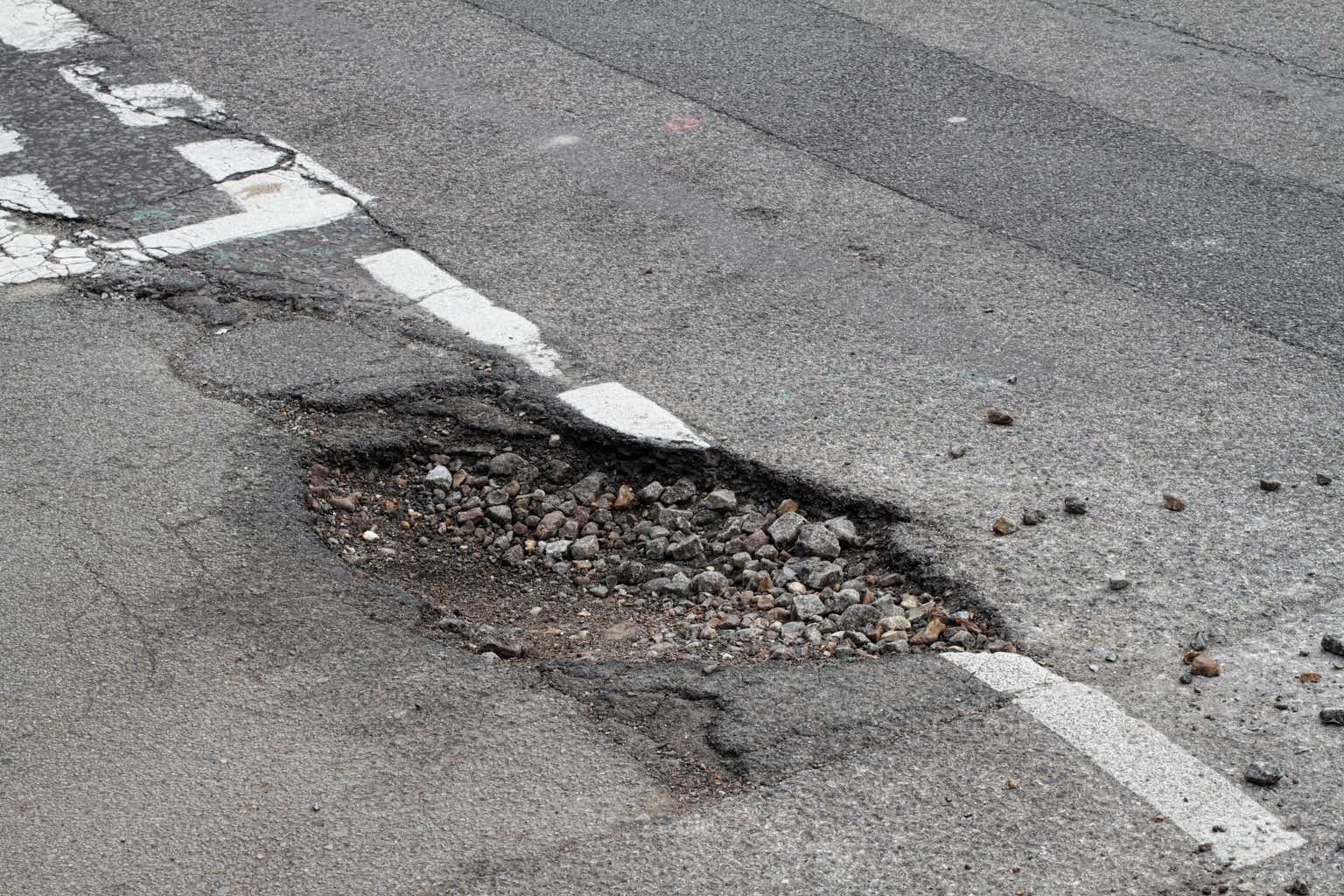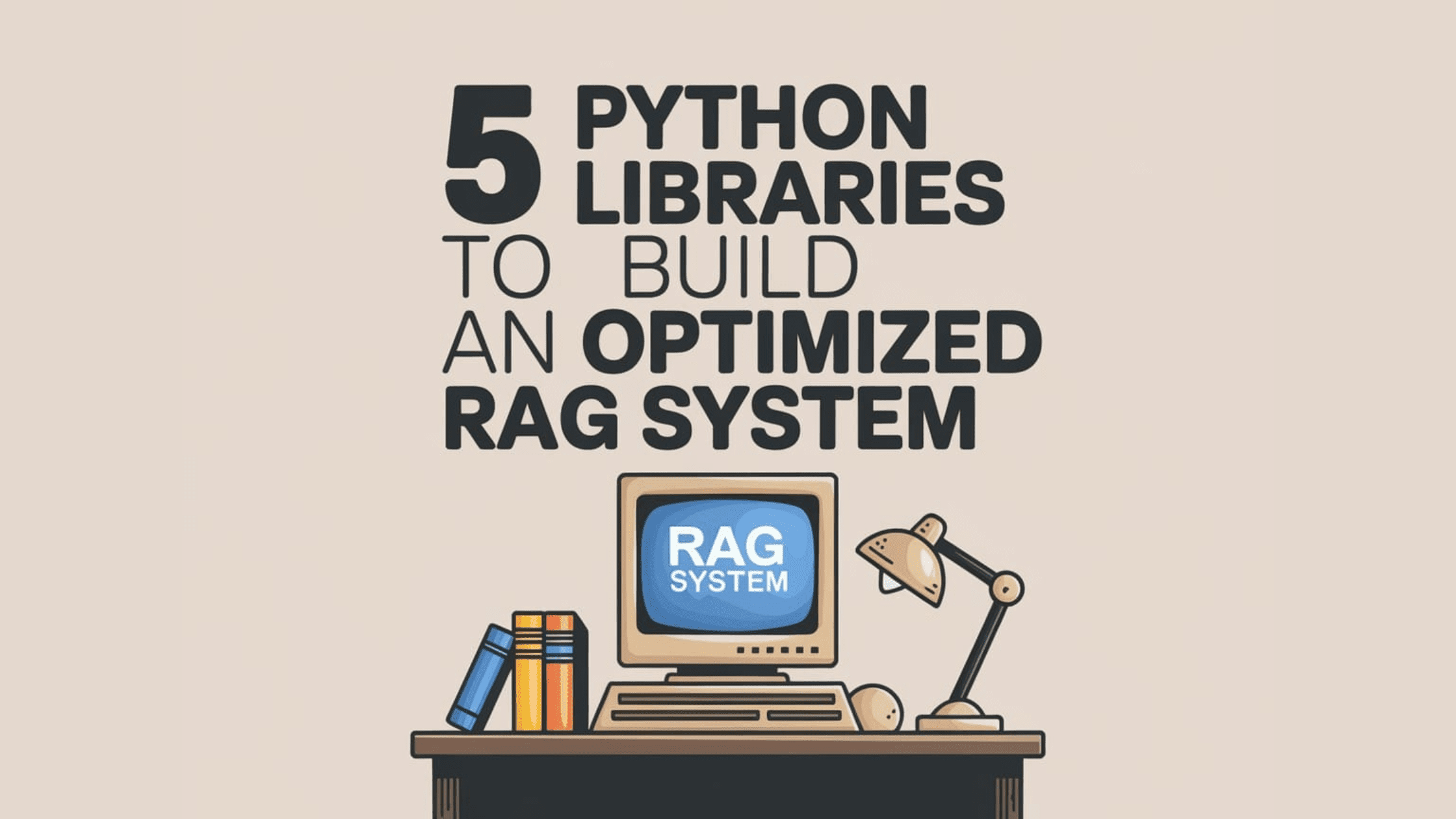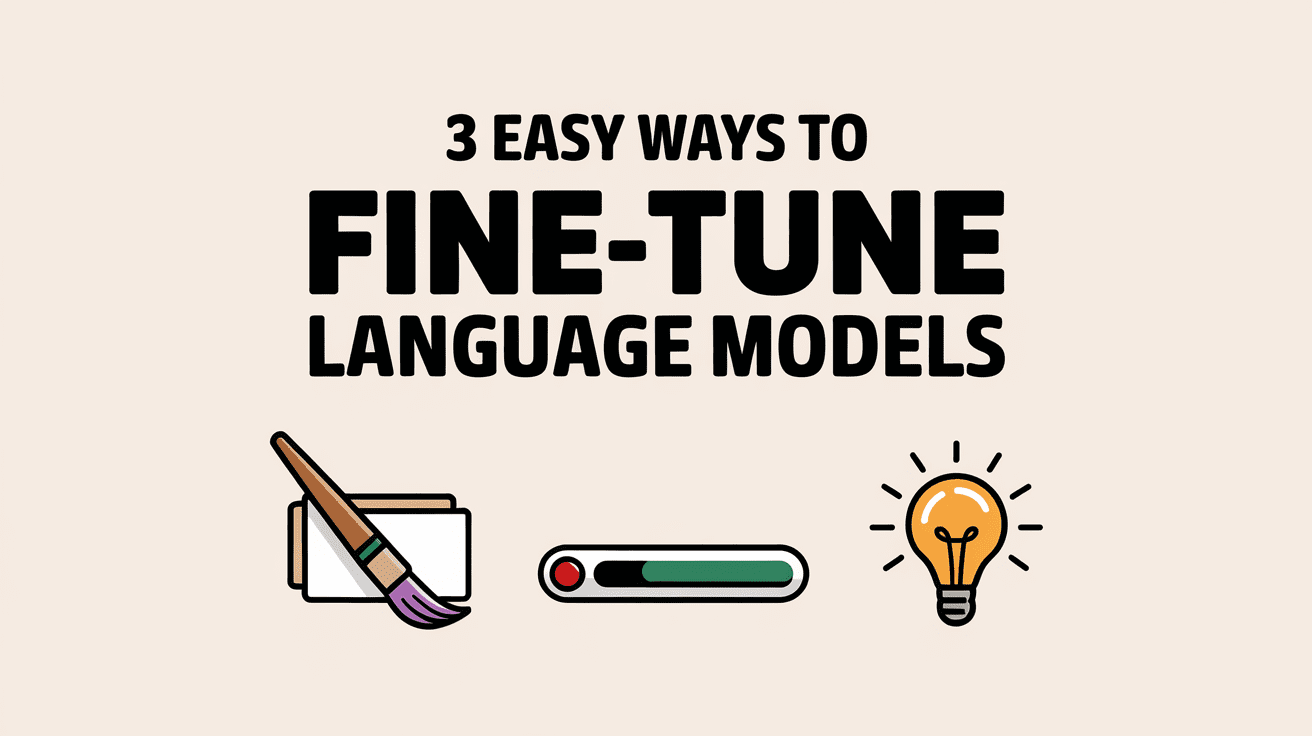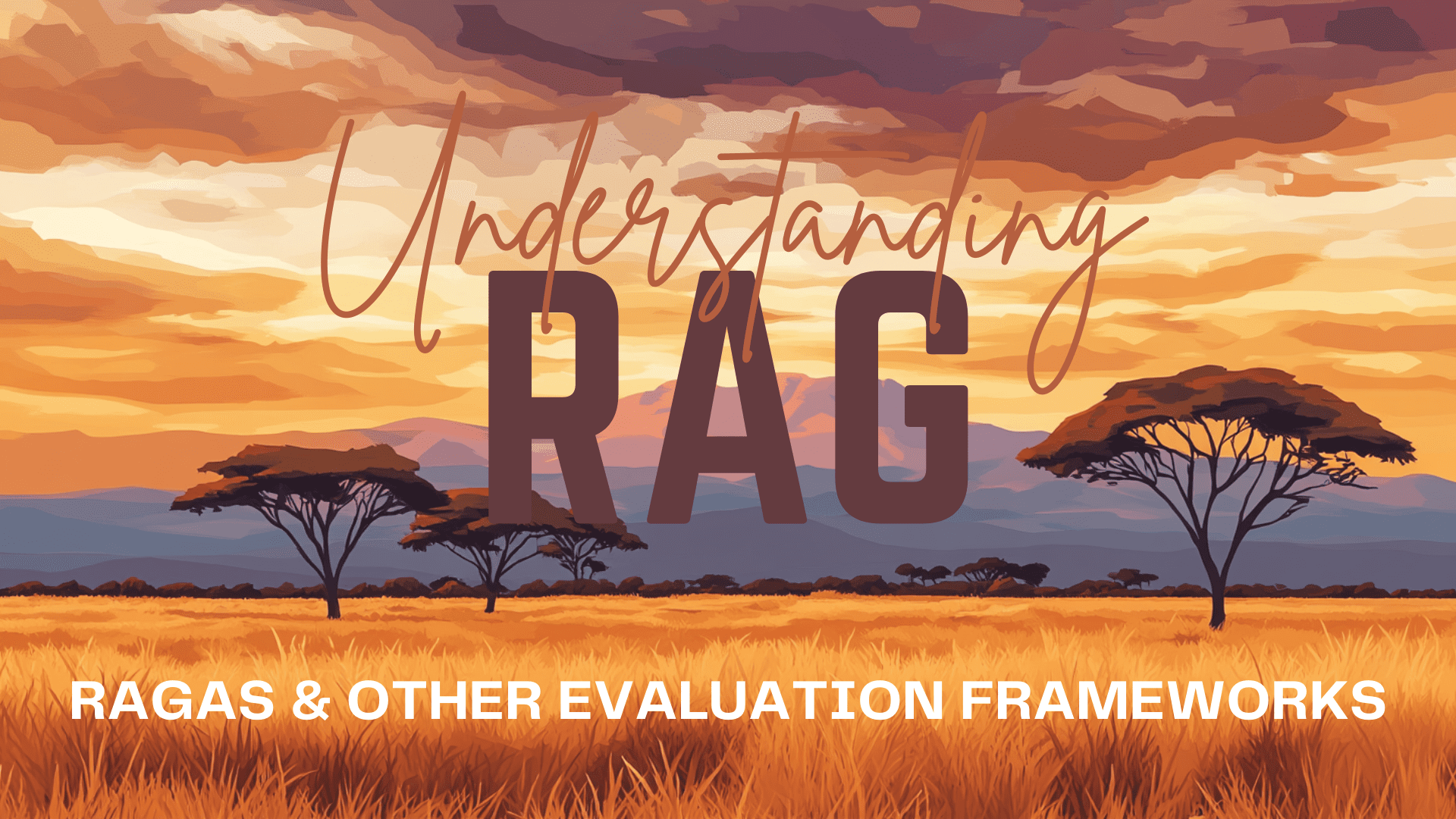If My Mother Didn’t Have Birthright Citizenship
My mother’s ability to survive and provide for me was made possible by her birthright citizenship, writes Paola Mendoza.


Since its ratification in 1868, the 14th Amendment has stood as a cornerstone of the U.S. Constitution and of life in the United States. The birthright citizenship clause of the 14th Amendment guarantees citizenship to all individuals born on United States soil. Its origins lie in one of the country’s most pivotal reckonings: The effort to redress the legal and moral horrors of chattel slavery. The Reconstruction Amendments, including the 14th, sought to dismantle a system that had denied millions of people their humanity and legal rights. [time-brightcove not-tgx=”true”]
Birthright citizenship was a profound acknowledgment that those born here, regardless of parentage or circumstance, belong here. For over 150 years, this principle has been an unshakable centerpiece of our constitutional framework, accepted across political and ideological divides.
Yet here we are in the chaos of 2025, a sitting president, President Donald Trump issued an executive order that this constitutional guarantee no longer applies to children born to undocumented parents or even to those here on a temporary, legal basis. This is not merely a legal maneuver; it is a fundamental reshaping of who we are as a nation. (On January 23, U.S. District Judge John Coughenour issued a temporary block to the order, which prevents the policy from being enforced for 14 days while the courts consider a more long-lasting preliminary injunction.)
I was deeply disturbed when I first heard the news of Trump’s executive order—though perhaps not entirely surprised. And I couldn’t help but think about how my own story—and my family’s journey—might have been derailed if birthright citizenship hadn’t been available to my mother.
Read More: What to Know About Trump’s Order on Birthright Citizenship and the Legal Battle Around It
Seventy years ago, my grandfather, Carlos Martinez, left the small town of Buga, Colombia, to pursue a science degree in Baton Rouge, Louisiana. While studying, his wife, my grandmother Nubia, gave birth to their first two children, Luisa and my mother, Liliana, granting them citizenship to the United States as their birthright. After he graduated, they returned to Colombia, where my mother grew up, married, and had my brother and me.
By her early 20s, my mother’s marriage was crumbling, and she saw no future for herself as a single mother in Colombia. So, when I was just three, she made a courageous decision: Our family would immigrate to the U.S. My father came with us but left soon after, abandoning my mother to raise two children alone in an unfamiliar country.
We struggled. For a time, we were homeless. We relied on government assistance. But my mother’s determination was unyielding. She bought our first house, then a second. She started her own business. She worked tirelessly to give us opportunities she never had—like the chance to attend college. Her ability to survive and provide for me was made possible by the fact of her citizenship, bestowed on her through the promise of the 14th Amendment. Because of her love and support, I pursued those dreams she never thought she would have.

I went to college; I started at a community college, transferred to UCLA, and eventually earned my graduate degree in New York City. I’ve dedicated my life to service and storytelling. Through film, books, and art, I’ve sought to elevate the voices of immigrants, women, and other people who have been historically excluded and targeted within the U.S. I’ve organized alongside extraordinary individuals fighting for immigrant rights, abortion access, and LGBTQ+ equality.
But now, I think of the millions of lives that might never have the chance to shape this country as my family has. President Trump’s executive order ending birthright citizenship threatens to erase the futures of countless children—children whose potential will go untapped, whose contributions to art, science, and justice might never be realized.
Read More: The Border Is Not the Problem
According to analysis of government data by immigration advocacy organization FWD.us, at least 5.1 million U.S. citizen children under 18 have one undocumented parent. While this executive order is not retroactive, the implications for children born after February 19th—the day this order takes effect, if it stands against the legal battle that is currently levied against it—are staggering. These are not just numbers. These are babies born into uncertainty, children whose futures will be marked by legal precarity and exclusion simply because of their parents’ immigration status. Parents fleeing violence and building a life in the U.S.; parents here as students; parents who dream of a better life for their children are all now in the cross-hairs of this executive order that flouts the promise of the Constitution and the life they might dream for their children.
We need only use our common sense to foresee the tragic long term outcomes of this defiant and destructive action. These children will become a generation stripped of their birthright—and with it, their sense of belonging. Stateless and marginalized, they will be denied the ability to fully participate in society or contribute to the growth and betterment of the only country they have ever known. Forced to live in the shadows of the nation they call home, this action seeks to stifle their potential, dim their future—not because of their own actions, but because of a cruel policy that denies them the basic dignity of home.
The fact of the matter is that birthright citizenship has never been just a matter of policy; it’s a matter of humanity. It’s about who gets to belong and who is cast aside. If this executive order is allowed to stand, we are not just closing a door on these children—we are closing a door on ourselves, on the rich and varied future they could help build. Imagine all we stand to lose.
What's Your Reaction?




























